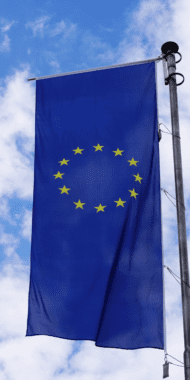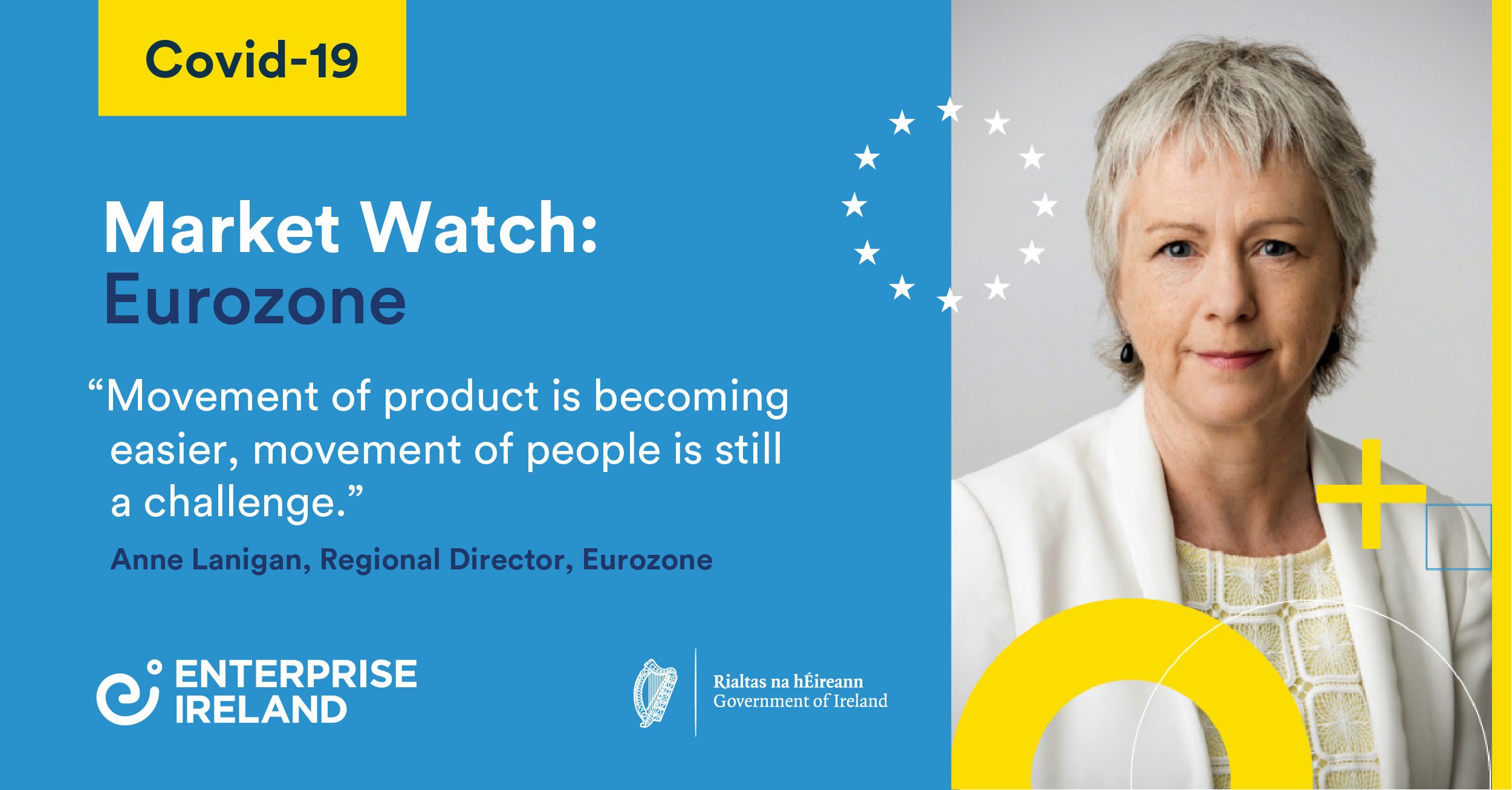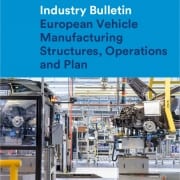Graduate Stories: Playing a tangible role in supporting Irish enterprise
Cara Edwards is currently on Enterprise Ireland’s national graduate programme working as a Development Executive in Dublin within the Life Sciences, Construction, Cleantech, Timber and Consumer department.
I became interested in the graduate programme while I was studying for my Masters in Strategic Management at TU Dublin, where I specialised in innovation. Enterprise Ireland’s support for Irish companies was constantly referenced in my studies, so I knew it was somewhere that I would like to apply to.
Applying for the Graduate Programme
The application process is quite lengthy and intense. It’s very important to dedicate time to completing your application. There are multiple stages so it’s vital to research what’s needed in each stage and understand what Enterprise Ireland is looking for. Once you’ve successfully completed the initial online assessment, you’re invited to an assessment day with other candidates – I remember being extremely nervous about this but as soon as I met the assessors, my nerves were put at ease. It’s a great opportunity to show your strengths and to get an insight into what Enterprise Ireland is about and what the work entails.
There are lots of opportunities in various departments, especially on the national programme, and you can indicate your preference before the final interview.
Lots of responsibility from Day One!
The role has given me a unique opportunity to work with a variety of companies from a wide range of sectors; from Day One, I was given lots of responsibility working directly with clients and supporting colleagues on various initiatives. Over the past 10 months, I’ve been project managing one of Enterprise Ireland’s biggest events, Med in Ireland, which is a biannual high-profile national event that covers the entire spectrum of the Irish medical technologies sector. My role involves driving and coordinating a team of colleagues from various departments, ensuring that planning is underway and that we’re achieving key project milestones. This project has enabled me to work closely with many of our overseas colleagues too.
“Another highlight for me has been working as part of a small team on the Online Retail Scheme, where we administered over €5 million in funding to retailers in response to the huge impact that the Covid-19 pandemic had on the retail sector.” says Edwards
Now that the retailers have had the opportunity to implement their projects, it’s extremely rewarding to see the results – by improving their online capability, they’re more competitive and resilient as a result. This is an example of how rewarding the work in Enterprise Ireland can be.
Developing a skillset
I’m now half way through the two-year programme and I’m starting to think about what happens next. I personally would like to stay with Enterprise Ireland as I feel there are plenty of opportunities to further my career. Also, by working so closely with companies, you gain a deep understanding of how they operate and you can take these learnings with you whether you stay with Enterprise Ireland or go elsewhere. It’s also been very inspiring to work with entrepreneurs.
“The Graduate Programme is a great opportunity to work with different companies and build a broad set of skills; there are continuous career development opportunities and lots of learning available through courses, webinars and workshops.” says Edwards
Enterprise Ireland is also incredibly diverse so there are multiple ways to get involved and build your skillset. Plus the work is very rewarding as you’re playing an active role in supporting Irish enterprise. I would really recommend the programme to anyone interested in a career in business.



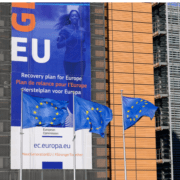
 “This is a push for a radical transformation of consumption and production to prepare European economies to withstand future crises in a better way. We’re speaking in Brussels about a paradigm shift. This is basically changing the way we function completely.”
“This is a push for a radical transformation of consumption and production to prepare European economies to withstand future crises in a better way. We’re speaking in Brussels about a paradigm shift. This is basically changing the way we function completely.” “SMEs are not always directly affected by macroeconomics,” says Anne Lanigan, regional director, Eurozone at Enterprise Ireland, “but when that volume of money is going into it, especially to drive the green and digital agenda, it has to have an impact on what is happening at a business level.”
“SMEs are not always directly affected by macroeconomics,” says Anne Lanigan, regional director, Eurozone at Enterprise Ireland, “but when that volume of money is going into it, especially to drive the green and digital agenda, it has to have an impact on what is happening at a business level.”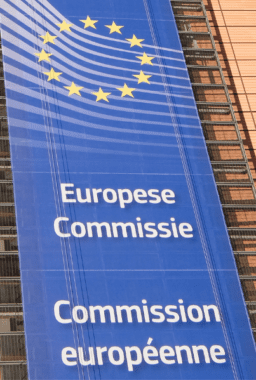 The overall fund is focused on six pillars, with the green transition and digital transformation being top of the list. The
The overall fund is focused on six pillars, with the green transition and digital transformation being top of the list. The 
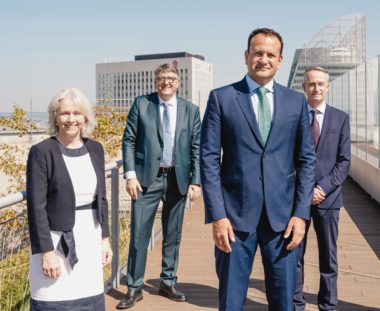 “Since we implemented our Eurozone strategy in 2017, we’ve seen a 33% jump in exports from Ireland to the Eurozone,” she says. “Even in 2020, when some sectors were hit very hard, we still saw a 1.6% growth in exports, which is significant considering economies across Europe shrunk.
“Since we implemented our Eurozone strategy in 2017, we’ve seen a 33% jump in exports from Ireland to the Eurozone,” she says. “Even in 2020, when some sectors were hit very hard, we still saw a 1.6% growth in exports, which is significant considering economies across Europe shrunk.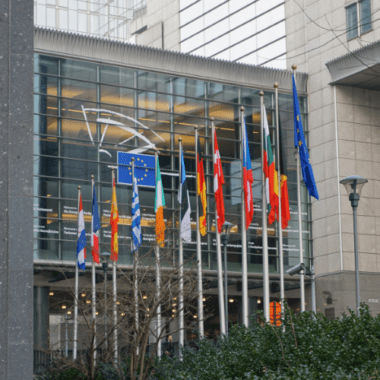 The markets of interest to individual companies will depend on the nature of the products and services they offer. Those selling into the tourism and hospitality sector, for example, will find more extensive opportunities in Southern Europe, where governments are placing more emphasis on this sector.
The markets of interest to individual companies will depend on the nature of the products and services they offer. Those selling into the tourism and hospitality sector, for example, will find more extensive opportunities in Southern Europe, where governments are placing more emphasis on this sector.